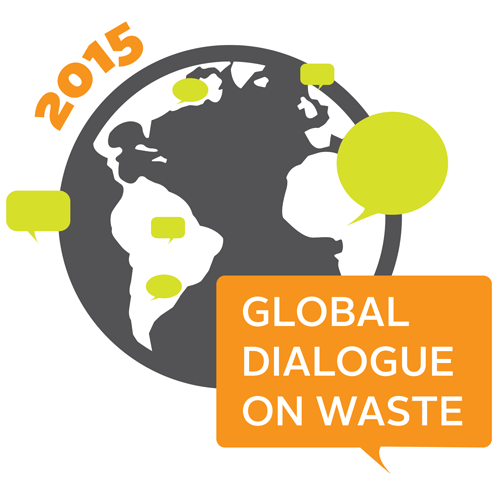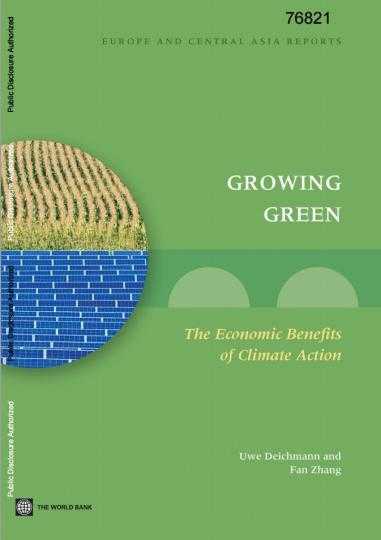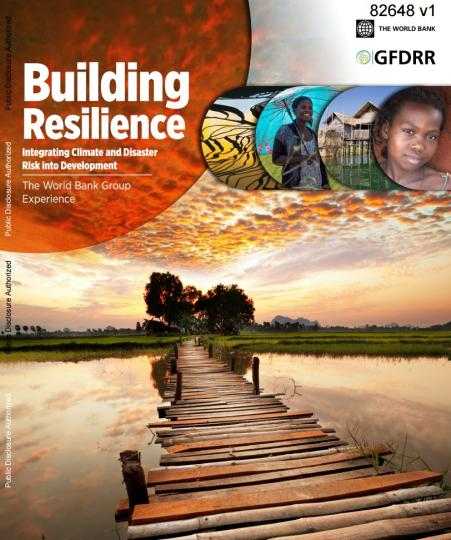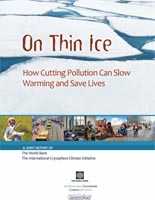In the first post-transition decade after the fall of communism, Europe and Central Asia (ECA) moved its economy from plan to market. In the second decade, the 2000s, it moved from social division to inclusion. The region has an opportunity to use the third decade, the 2010s, to move from brown to green growth making production and consumption more sustainable, increasing quality of life, and reducing impacts on the climate.
This report presents the World Bank Group's experience in climate and disaster resilient development and contends that it is essential to eliminate extreme poverty and achieve shared prosperity by 2030. The report argues for closer collaboration between the climate resilience and disaster risk management communities through the incorporation of climate and disaster resilience into broader development processes.
Climate change is happening faster and in a dramatically more visible way in the Earth's cryosphere than anywhere else on earth. Cryosphere is defined as elements of the Earth system containing water in its frozen state. The average temperature has risen here at over twice the global mean in the Arctic, Antarctic Peninsula, and much of the Himalayas and other mountain regions. This report summarizes the changes already being observed in the following five major cryosphere regions: the Andes, Antarctica, Arctic, East African Highlands, and the Himalayas.
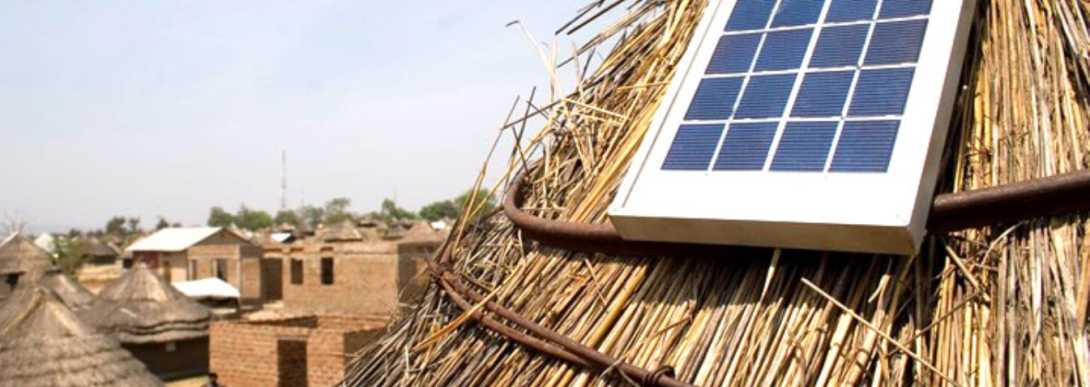
Sixteen game-changing initiatives from around the world were announced today as winners of a prestigious United Nations climate change award.
Winning activities include a seriously cool smartphone that puts social values first and an initiative that is enabling 40 Latin American cities to take concrete climate action.
Others include a women-led initiative in Benin that uses solar energy to empower women farmers and an internal carbon fee that holds the business units of one of the world’s most famous software and ICT companies financially responsible for reducing their carbon emissions.
The Momentum for Change initiative is spearheaded by the UN Climate Change secretariat to shine a light on some of the most innovative, scalable and replicable examples of what people are doing to address climate change. Today’s announcement is part of wider efforts to mobilize action and ambition as national governments work toward adopting a new universal climate agreement in Paris.
[video:https://vimeo.com/78705262]
“With less than 35 days to go until the climate change conference in Paris, the Momentum for Change Lighthouse Activities are further compelling proof that climate action is building worldwide and in countries, communities, companies and cities everywhere,”UNFCCC Executive Secretary Christiana Figueres said. “By showcasing these remarkable solutions and the people behind them we can strengthen efforts toward that new agreement, accelerate the global transition to a low-carbon, highly resilient development path and mark a turning point in the sustainable management of planet Earth for the seven billion alive today and the ten billion by 2050.”
Each of the 16 winning activities touches on one of Momentum for Change’s four focus areas: Urban Poor, Women for Results, Financing for Climate Friendly Investment and ICT Solutions. All 16 will be showcased at a series of special events during the UN Climate Change Conference in Paris, France (30 November to 11 December).
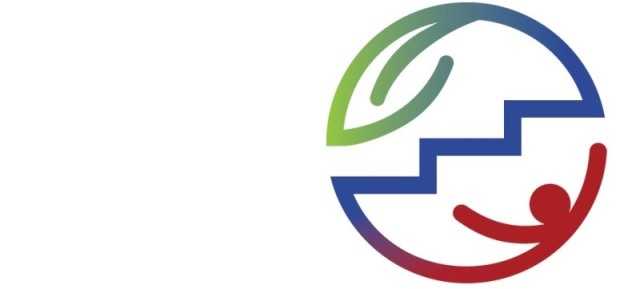
The United Nations Conference on Sustainable Development released the zero draft document that will form the basis of negotiations for Rio+20 negotiations starting this June in Rio de Janerio, Brazil. The document serves as an initial outline for the discussions at the 20th anniversary of the first Rio Convention held in 1992. Overall, this zero draft both acknowledges a lot has happened in the last 20 years in globle and environmental development and that there's still a lot to be done.
The document, though in it's skeletal draft form, has been met with optimism, and perhaps rightly so. The zero draft is quite comprensive in it's approach to development. A few things we noticed in the document give promise that the negotiations will be forward thinking. In particular, the zero draft acknowledges the rise of technology that will help service develivery and contribute to poverty eradication programs.
Additionally there is a lot said about "green" as the basis of "sustainable development." This is quite significant becasue it points to a shift in perspective. This year's zero draft document embraces integrated means of solving the world's poverty problem from an inclusive perspective. Of particular interest to us is the paragraph that emphasizes the fact the everyone has a role to play in sustainable development.
During our campaign run towards Durban last year, we explored the need for a change in behaviour as being critical to tackling climate change. Here, the zero draft document goes further by calling on everyone, from indigenous people to civil society organizations and local authorities "to play a meaningful role at all levels." The document states that this is made much easier due to improved access to information. By calling on improvements in the rights of people to access information, the zero draft is attempting to legimize the role of ICT in sustainable development. ICTs in this case, serving as the conduit for sustainable development communications.
From our perspective, climate change communication and participation is most certainly made easier when technology is employed. We'll certainly be using a lot more digital and social media tools to continue looking at the critical climate change components within the draft document. Rio is just around the corner and there's going to be a lot to discuss. This time, the convention isn't simply focused on climate change, rather, climate change is part of a larger push for sustainable, green, inclusive, development from a global perspective.
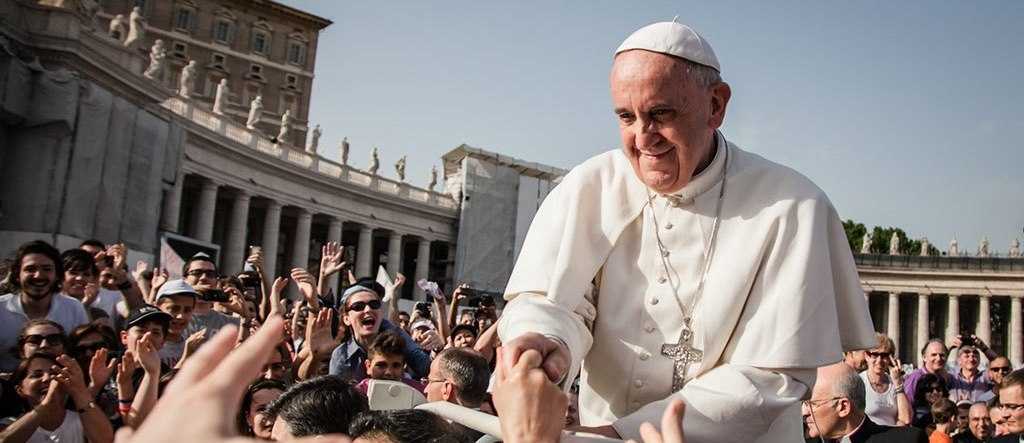
Today the Pope presented his Encyclical Letter "Laudato Si (Be Praised), On the Care of Our Common Home".
<p style="text-align: center;"><a href="http://connect4climate.org/sites/default/files/upload/papa-francesco_en…; target="_blank"><img alt="" src="/sites/default/files/images/Pope-Encyclical2.png" style="width: 691px; height: 800px;" /></a></p>
<p style="text-align: center;"><strong><a href="http://connect4climate.org/sites/default/files/upload/papa-francesco_en…; target="_blank">ENGLISH</a></strong> <strong>|</strong> <strong><a href="http://connect4climate.org/sites/default/files/upload/papa-francesco_en…; target="_blank">FRENCH</a></strong> <strong>|</strong> <strong><a href="http://connect4climate.org/sites/default/files/upload/papa-francesco_20…; target="_blank">GERMAN</a></strong> <strong>|</strong> <a href="http://connect4climate.org/sites/default/files/upload/papa-francesco_20…;|</strong> <strong><a href="http://connect4climate.org/sites/default/files/upload/papa-francesco_en…; target="_blank">SPANISH</a></strong> <strong>|</strong> <strong><a href="http://connect4climate.org/sites/default/files/upload/papa-francesco_20…; target="_blank">PORTUGUESE</a></strong> <strong>|</strong> <strong><a href="http://connect4climate.org/sites/default/files/upload/Enciclica_Arabic…; target="_blank">ARABIC</a></strong></p>
<p><strong>Pope Francis’ Encyclical is a definitive moral case for action on climate change.</strong> It is a teaching document that acknowledges, and stands in solidarity with the overwhelming scientific consensus, and vocalises what all know to be true: fossil fuels and unchecked exploitation of the natural world are irreversibly damaging our common home. Taking action on climate change and empowering poor countries to develop sustainably is both morally and economically right.<o:p></o:p></p>
<p><strong>The Pope’s Encyclical calls for an urgent moral response to a reality established by robust scientific evidence.</strong> It does not speculate on the causes of climate change itself. Pope Francis is doing his job as a moral leader, calling for the protection of vulnerable people and proper stewardship of “our common home”, the earth. He appropriately labels acts risking the integrity of our planet as “sins”, provides the environmental movement with a boost of moral support, and condemns indifference, denialism and obstructionism.<o:p></o:p></p>
<p><strong>His Holiness is calling for all of us, not just Catholics, to care for people and the planet.</strong> The encyclical on ecology draws from the deep well of Church teaching on these issues to lay out the moral imperative of tackling the root causes of the greatest interlinked challenges of our time: climate change and poverty. The Pope is adding his voice to a global choir of leaders from all walks of life who are demanding action, calling for an end of fossil fuels, a future powered by renewables, and a strong climate deal in Paris. </p>
<p>The World Bank says the pope’s encyclical is a “stark reminder” of the link between climate change and poverty.<o:p></o:p></p>
<p><a href="http://www.washingtonpost.com/national/religion/the-latest-vatican-laun…; target="_blank">World Bank President Jim Yong Kim</a> says climate change impacts, <strong>“including the increased frequency of extreme weather events, are most devastating for the unacceptably high number of people today living in extreme poverty.”</strong><o:p></o:p></p>
<p>He says that over the past 30 years weather-related disasters killed more than 2.5 million people and resulted in almost $4 trillion in damage.<o:p></o:p></p>
<p><strong>“As the effects of climate change worsen, we know that escaping poverty will become even more difficult,” </strong>he said. <strong>“Climate change also poses a direct risk to the hard-earned development gains over past decades.”</strong><o:p></o:p></p>
UNEP’s flagship publication, Global Environment Outlook (GEO-5) report keeps the state of the global environment under review. The release of the GEO-5 report, the fifth in the series, is particularly timely and relevant in the lead up to the UN Conference on Sustainable Development or Rio+20, which will take place in Rio de Janeiro, Brazil on June 20-22, 2012 – 20 years after the 1992 Earth Summit.
The 2015 Global Dialogue on Waste is a series of online panel discussions and interviews. Connect4Climate will be onboard to support the event.
Starting from 5th August, 2015, they will be broadcast live on every Wednesday from August to December, 2015 on be Waste Wise's home page: www.wastewise.be
